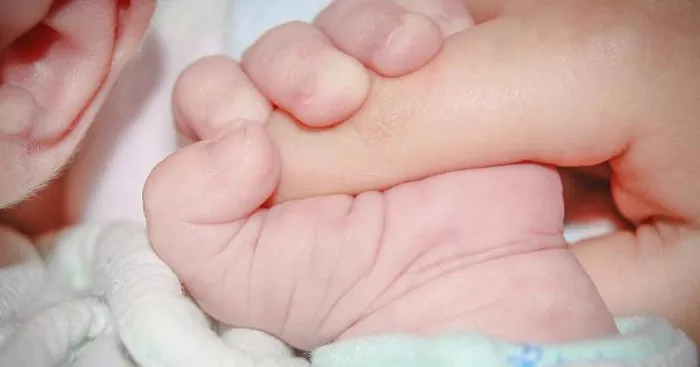June is World Infertility Awareness Month, highlighting a global health challenge affecting roughly 1 in 6 adults – around 17.5% according to the World Health Organization (WHO). This impacts people across high-, middle-, and low-income countries alike.
Causes and Risk Factors
Infertility can stem from various factors in both men and women. Male infertility may be linked to sperm production issues, delivery problems, environmental toxins like smoking or marijuana, and medical conditions like cancer treatments.
For women, causes can include ovulation disorders, uterine or cervical abnormalities, blocked fallopian tubes, endometriosis, early menopause, and similar medical conditions and treatments. Age is a significant factor, with female fertility declining after 35 and dropping rapidly after 37 due to a decrease in egg quantity and quality. Dr. Jack Biko, President of the Southern African Society of Reproductive Medicine and Gynaecological Endoscopy (SASREG), emphasizes that infertility can be present from birth or develop later, impacting one or both partners.
Diagnosis and Support
An infertility diagnosis can be emotionally difficult, but seeking help is crucial. “Early diagnosis by a fertility specialist allows for prompt identification and more effective interventions,” says Dr. Biko. Fertility clinics offer medical support, counseling, and guidance to help couples navigate this journey with hope. Personalized treatment plans are developed to optimize pregnancy chances.
Fertility Preservation: A Proactive Approach
With the rising trend of delaying family planning, age-related infertility is a growing concern. Egg or sperm freezing offers a solution. Dr. Biko highlights the growing popularity of elective egg freezing, allowing women to preserve their fertility for future childbearing. Freezing eggs in your late 20s or early 30s safeguards conception chances when natural fertility declines.
This proactive approach empowers individuals, particularly women, to pursue personal, professional, or educational goals without immediate family planning pressure. Advancements in cryopreservation technology have improved success rates, making egg freezing a viable option, especially for those under 35.
Egg, sperm, or embryo freezing is also used for medical fertility preservation. For instance, cancer treatments can impact fertility. Freezing eggs or sperm before therapy can increase future family-building chances. Knowing they have preserved healthy reproductive cells provides a sense of control for many.
Importance of Awareness and Education
Despite the benefits, there’s a lack of awareness about fertility preservation options. Personalized counseling and accurate information are essential for informed patient decisions. By raising awareness during World Infertility Awareness Month, we can empower individuals to make informed choices about their reproductive health.
Related Topics:
Autoimmune Disease and Infertility: What is the Connection


























